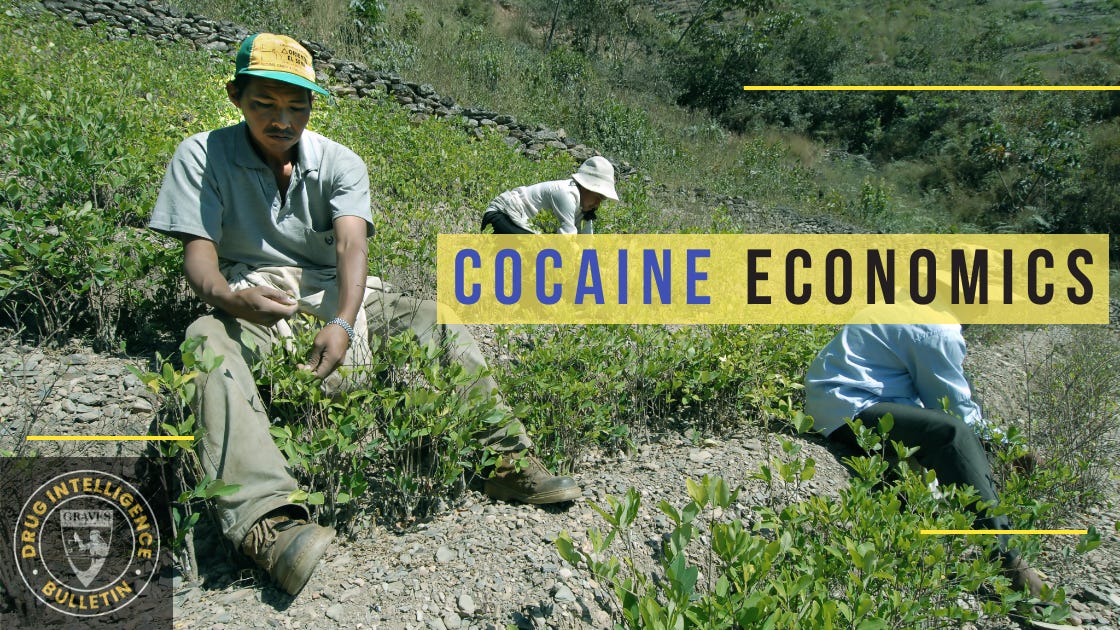Cocaine Economics: The High Stakes of Falling Prices in Colombia
Colombia, the world's most prolific producer of cocaine, is confronting a host of unique challenges deeply embedded in its economic fabric. The falling prices of cocaine have sparked widespread instability, fueled violence, and augmented recruitment into illegal armed groups. However, the impact doesn't stop at the immediate drug trade operators. Rural communities, heavily reliant on coca cultivation, are also experiencing significant economic hardship akin to Dutch Disease. This condition refers to the damaging effects on an economy when increased earnings from natural resources (in this case, coca) lead to a rise in currency value, undermining other sectors' competitiveness.
Cocaine Economics: The Impact of Falling Cocaine Prices
The dynamics of cocaine economics are nuanced. While common sense might suggest that lower prices could curtail the illegal trade, the opposite effect often occurs in reality. The lower prices of cocaine in the global market have created a ripple effect of crises that reach beyond the immediate sphere of the drug trade.
When cocaine prices drop, it threatens the lucrative profits that have traditionally lured drug cartels into the trade. This, in turn, exacerbates power struggles between cartels as they vie to retain their market share, often resorting to violent tactics. The escalating violence fosters an environment conducive to recruiting more members into these illegal armed groups, creating a spiraling cycle of instability.
The Dutch Disease: Cocaine Economics in Rural Colombia
Rural communities heavily reliant on coca cultivation bear the brunt of the falling cocaine prices. These regions, often lacking in alternative livelihood opportunities, endure an economic predicament eerily similar to the Dutch Disease. When the income from the single resource of coca leaves drops, communities once sustained by this cultivation and trade find themselves on the brink of economic ruin. This dire situation often drives community members towards other illegal activities such as artisanal gold mining and human trafficking, escalating the cycle of conflict and displacement.
Cocaine Economics: The Broad Impact on the Colombian Economy
The reverberating effects of falling cocaine prices aren't limited to the drug trade and its direct participants. This issue extends to the broader Colombian economy, influencing sectors seemingly disconnected from the drug trade, such as the oil industry.
The instability and ever-present risk associated with the drug trade deter foreign investors, restricting the flow of foreign direct investment into the country. This lack of investment compounds Colombia's economic challenges, diminishing prospects for job creation, growth, and diversification. The cocaine economy's overwhelming dominance casts a shadow over other economic activities, making it challenging for the country to diversify and grow its economy.
Cocaine Economics and Foreign Investment
Due to the volatile environment and security concerns associated with the cocaine trade, foreign investors often hesitate to invest in Colombia. This hesitancy limits the country's access to foreign capital and hampers its economic growth.
The fall in cocaine prices, while directly impacting the income of those involved in the drug trade, also indirectly affects the country's investment climate. With the rise in violence and instability, the perceived risk for foreign investors escalates, resulting in reduced foreign direct investment. This decline in investment further stagnates the country's economic growth and job creation.
Charting a Course through the Cocaine Economy
In the face of these layered challenges presented by cocaine economics, Colombia confronts the daunting task of disentangling its economy from the precarious cocaine trade while safeguarding the welfare of communities embroiled in coca cultivation.
This challenge demands a multifaceted approach, addressing both the socioeconomic aspects of the crisis and the issues of violence and illegal armed groups. Efforts should encompass economic diversification, developing alternative livelihoods for coca-dependent communities, investment in infrastructure, and policy reforms aimed at conflict resolution and peacebuilding.
In the midst of this crisis, Colombia stands at a pivotal juncture. The decisions made now will determine the country's future trajectory—whether it remains entrapped in the grip of cocaine economics or emerges as a diversified, resilient economy.




